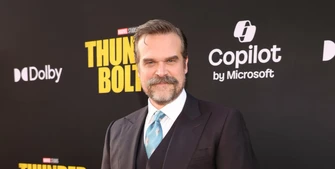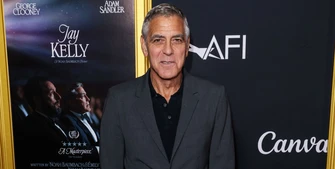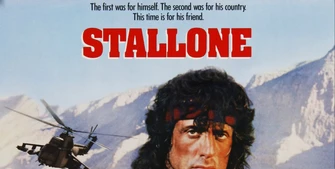Stella McCartney calls for end to fur trade with protest
Stella McCartney campaigns with the Human Society International to urge the fashion industry to stop using fur.

Stella McCartney has called for an end to the fur trade.
The 49-year-old fashion designer, animal rights activist and environmentalist has insisted it's her "life mission" to give her industry "a conscience" when it comes to the materials they choose to use and how they source them.
Sir Paul McCartney's daughter voiced her stance as part of the Humane Society International's campaign.
The organisation "confronts cruelty to animals in all of its forms".
Stella told the Daily Mirror newspaper: "Whether it's sold here in the UK or farmed globally, barbarism knows no borders, and this effort is key to my life's mission of bringing a conscience to the fashion industry. I am proud to partner with Human Society International. Please join us in ending this horrendous practice."
It comes after the activist vowed to "drive change" in the fashion industry to create a "cruelty-free society" for generations to come, and was among those to sign Prince Charles' Terra Carta Transition Coalitions for a sustainable future at the G7 Summit in Cornwall last weekend.
She said: “My goal is to drive change, encourage investments, and create lasting difference through incentives supporting the next generation. “I hope the G7 Summit will translate our message into policies bringing us closer to creating a cruelty-free society that is kinder to all creatures, Mother Earth, and each other.”
Stella was recently a guest at St. James Palace, where she urged global leaders to introduce new laws or legislation that will "put hard stops" on unsustainable practices in the industry.
She said: “I’m really here to ask all of these powerful people in the room to make a shift from convention to a new way of sourcing and new suppliers into the fashion industry. “One of the biggest problems that we have in the fashion industry is we're not policed in any way. We have no laws or legislations that will put hard stops on our industry… We need to be incentivized, [and] we need to have taxations looked at to work in a better way.”
















